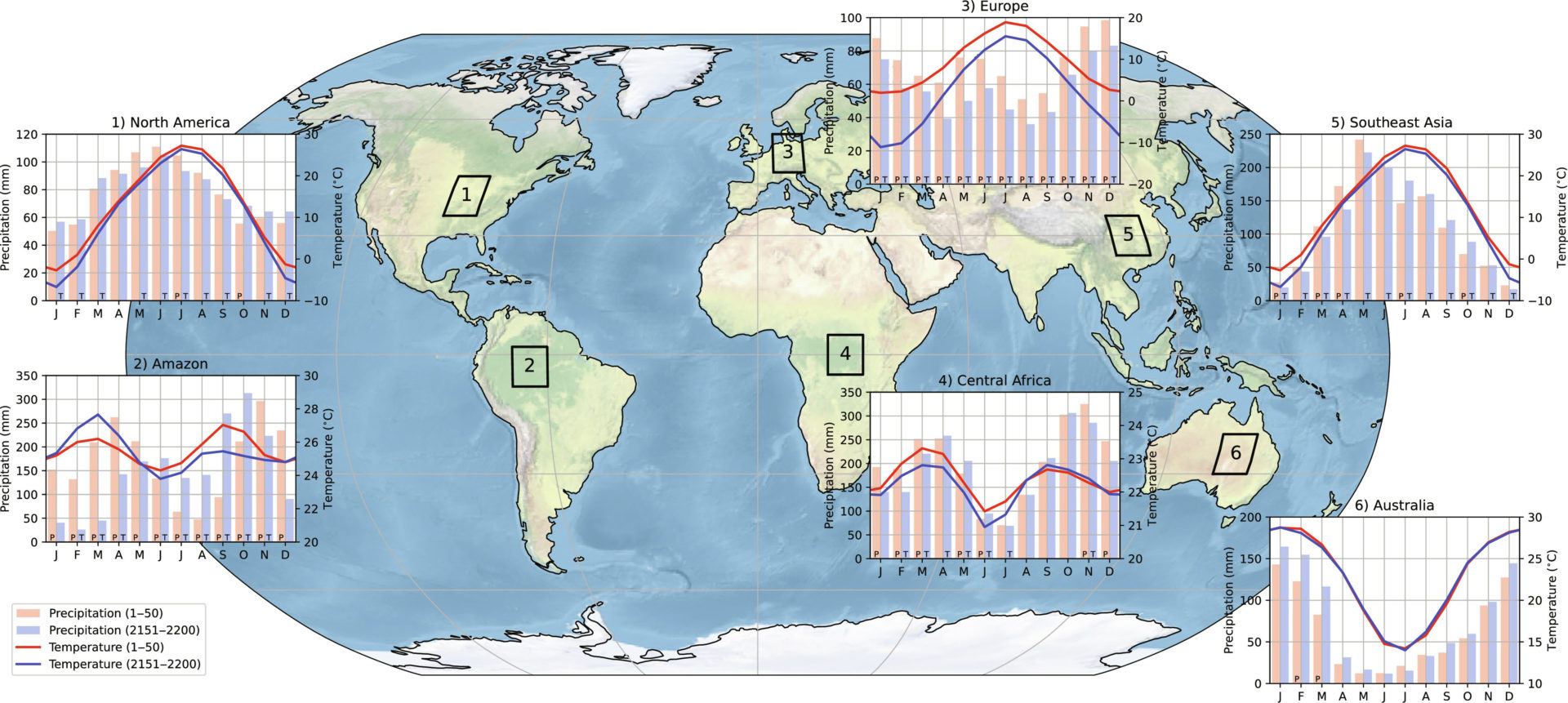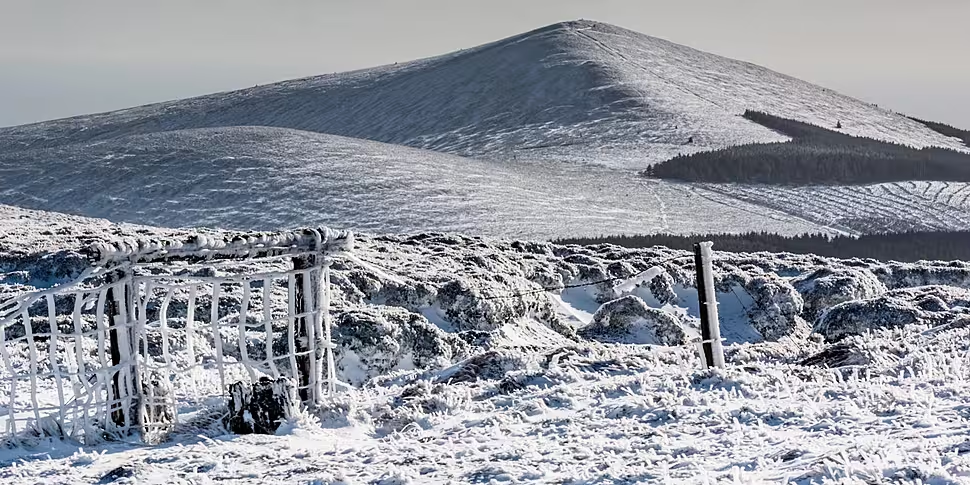Ireland's weather could become more like Scandinavia with a 15C dip in winter due to climate change, research has found.
Parts of the country could also be under 70 cms of water if a crucial ocean current collapses.
Scientists from Utrecht University in the Netherlands have warned the Atlantic Meridional Overturning Circulation (AMOC) could potentially collapse because of the input of freshwater in the North Atlantic.
The AMOC has been labeled as one of the 'tipping elements' in the climate system, indicating that it may undergo a relatively rapid change under a slowly developing force.
 Source: American Association for the Advancement of Science
Source: American Association for the Advancement of ScienceAlthough AMOC collapses have been predicted in other climate models, the processes of an AMOC tipping event have so far not been investigated.
Co-author of the research Dr René van Westen told Newstalk Breakfast global warming is also about cooling down.
"I think it's very counterintuitive; global warming, everything heats up, and then some parts are getting cooler - that's quite strange," he said.
"Ireland's climate is massively influenced by the so-called warm Gulf Stream.
"It brings quite a lot of heat from the Gulf of Mexico and also from other parts near the Equator all the way to western Europe.
"Our climate therefore is about 5C to 10C warmer than when you're comparing with the Canadian climate, for example, which is much colder.
"Scientists believe that this circulation in the Atlantic Ocean can come to a full stop and this results in a massive cooling of the western European climate."
 Image: Newstalk listener
Image: Newstalk listenerDr van Westen said Ireland would also see less rain in such a scenario.
"With our study we've actually modelled such a collapse; so it's not only just theoretical we actually showed that it is possible," he said.
"We also investigated the climate impacts so you see, for example, for winter temperatures a 15C drop.
"During summer months it's only about 5C, but we're also receiving less precipitation over Ireland.
"Sea levels will rise to about 70 cms along the coastline, so you'll see a really substantial shift of your present day climate to much more Scandinavian climate like conditions," he added.
Dr van Westen said as global warming continues the climate system is becoming more unstable but added "there is still time to act now".
Changes due to AMOC collapse would also affect the atmosphere and global sea-ice distribution, the study found.









